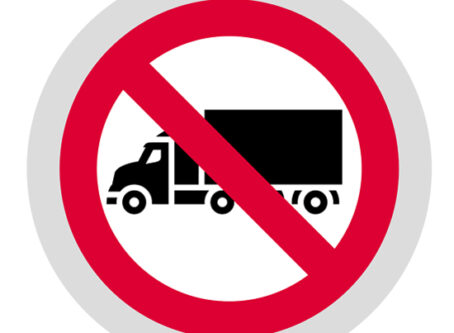Amazon tells court intrastate drivers are bound to arbitration
A delivery driver who is attempting to sue Amazon over misclassification is bound to arbitration because he drove intrastate, the Seattle-based company argued to the U.S. Court of Appeals for the First Circuit on Nov. 13.
Amazon filed the brief in response to a $5 million class action lawsuit brought by Massachusetts driver Bernard Waithaka that alleged he and other members of the class were misclassified as independent contractors. The lawsuit, which was filed in August 2017, also alleged that Amazon violated state wage laws. Amazon moved to compel arbitration.
The U.S. District Court in Massachusetts found that Waithaka fell under the Federal Arbitration Act’s worker exemption and that the parties’ arbitration act was unenforceable under Massachusetts law.
Amazon, however, contends that the Federal Arbitration Act exemption applies only to drivers operating in interstate commerce.
“Plaintiff Bernard Waithaka does not belong to a ‘class of workers engaged in foreign or interstate commerce’ as that phrase would ordinarily have been understood in 1925,” Amazon wrote. “By his own account, he performs purely intrastate services as a gig-economy driver through the Amazon Flex program.”
Supreme Court decision
The U.S. Supreme Court ruled in favor of truck driver Dominic Oliveira in January, saying that Springfield, Mo.-based New Prime couldn’t compel arbitration because all transportation workers – including independent contractors – are exempt from the Federal Arbitration Act.
In contrast to Oliveira’s case, Waithaka and his class use their personal vehicles for “final-mile” deliveries.
The district court recognized that Waithaka is unlike interstate commerce truck drivers but still held that he fell within the exemption. Unlike local gig-economy deliveries performed for restaurants, the court said “there is a continuity of movement of the goods delivered by Amazon interstate until they reach customers.”
“AmFlex users are not exempt from the Federal Arbitration Act’s coverage, because the defining feature of AmFlex is local, intrastate activity,” Amazon wrote.
“By limiting the exemption to classes of workers engaged in interstate commerce, Congress unambiguously excluded classes of workers, like the Massachusetts AmFlex users in this case, engaged in intrastate transportation.”









